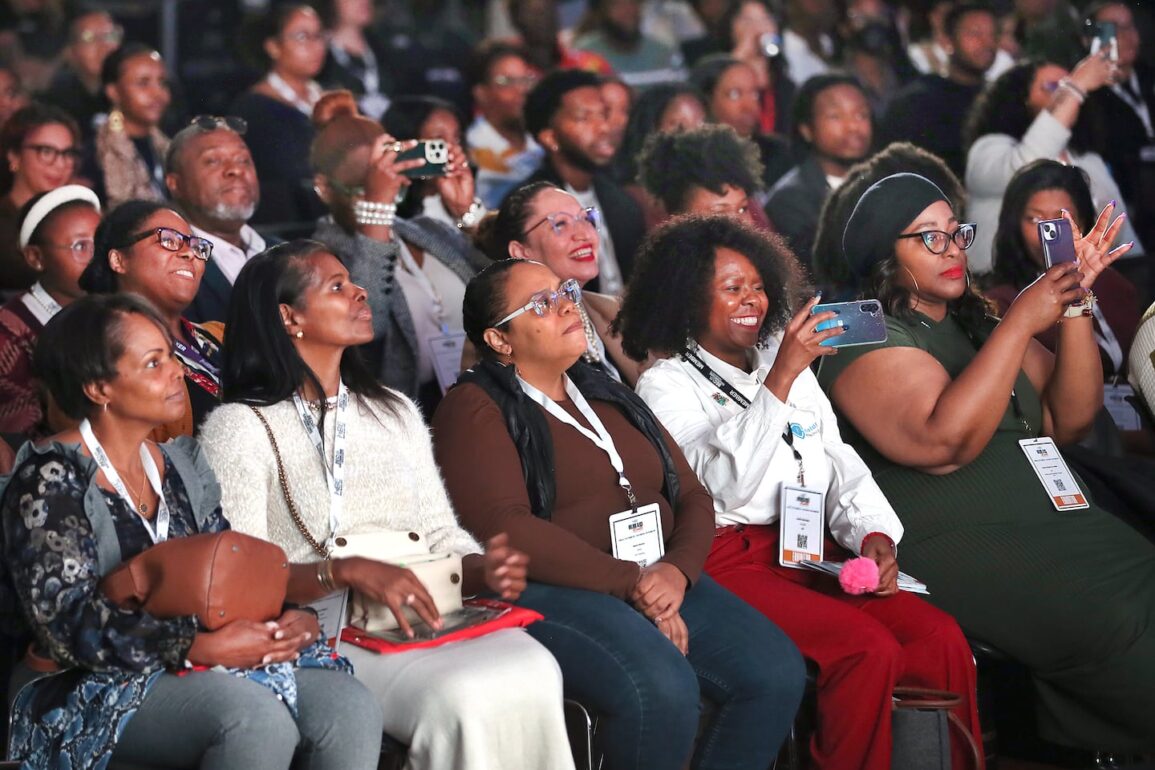Three years after a report revealed stark inequities in the city’s business contracts, Mayor Michelle Wu announced that for the first time in Boston’s history, the city exceeded $100 million in total spending with Black and brown businesses.
The investing achievement, which was reached this fiscal year, marks two consecutive years of “significant progress” the city has made contracting with more of Boston’s Black businesses, Wu said at a Black Economic Council of Massachusetts event last week, offering a preview of gains she said will be celebrated this week.
The value of the contracts awarded to these same businesses jumped by 40 percent from last year, which Wu credited to the work of partners, including BECMA.
In 2021, a city-commissioned report found that only 1.2 percent of the $2.1 billion in contracts that Boston awarded to businesses went to Black- and Latino-owned firms over a five-year period, highlighting large disparities in the way the city spends in businesses run by people of color.
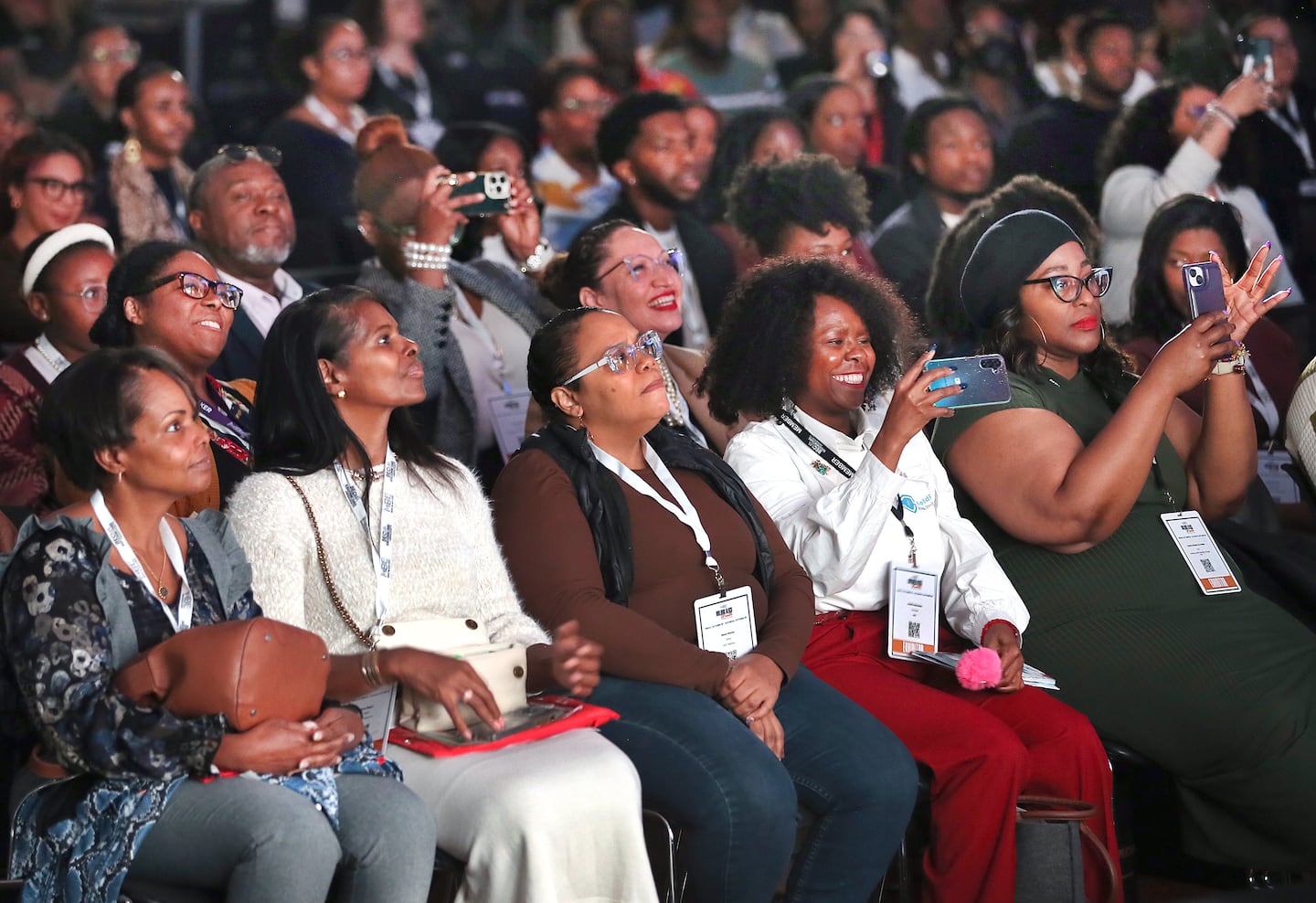
Despite the progress the city is making, Wu acknowledged many inequity gaps remain markedly pronounced today.
“There is much more work to do,” Wu said. “But today is about recommitting to the work and recognizing that the whole future is ahead of us.”
Wu made her announcement at the council’s annual Mass Black Expo, a conference that focused on the racial wealth gap, along with the various strategies and opportunities that Black business owners and residents across the state can use to thrive in the face of deeply entrenched systemic barriers. Approximately 1,400 people registered to attend the conference, which is now in its sixth year, and featured seminars on topics such as equity in homeownership and generational wealth.
In Boston, the Black community has long bore the brunt of discriminatory policies that contributed to years of underinvestment in neighborhoods such as Roxbury and Dorchester. For example, through the practice of redlining, financial services were denied to residents in these neighborhoods, which have high populations of people of color.
In 2015, a Boston Fed report placed the average net worth of a Black household at a mere $8. Later, a 2022 Urban Institute analysis estimated that Black residents have a net worth of $11,000 — compared with white residents’ net worth of about $215,000.
On the first day of the conference, BECMA, which was created after the release of the Fed’s controversial Color of Wealth report, said it plans to raise $25 million over the next year as part of its goal to close the racial wealth gap. Today, that gulf continues to be perpetuated as a result of racial discrimination and other obstacles that people of color are up against in Boston, researchers say.
The murder of George Floyd by Minneapolis police in 2020 brought on a period of reckoning over racial injustice, including in Boston, where leaders declared racism a public health threat. Several initiatives also popped up to reconcile existing disparities.
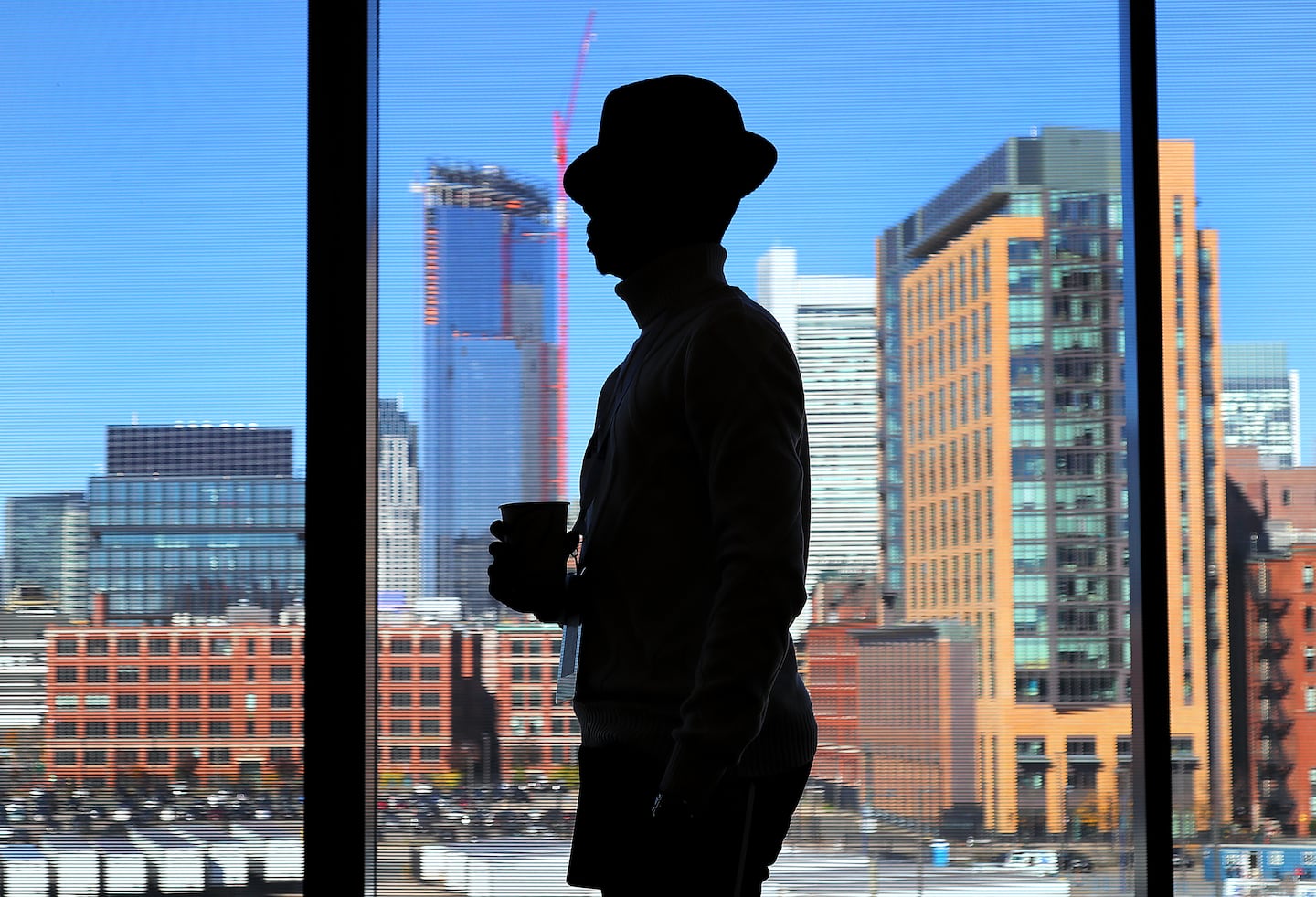
Yet many Black business owners in Boston recently told the Globe that much of that support has fallen by the wayside, citing a dip in sales and investments.
Massachusetts also has one of the largest racial gaps in homeownership in the country — and gaps exist at all income levels across the state — despite homeownership assistance programs helping many families buy their first home, a report last year found.
“The path to economic equity is not easy,” said Herby Duverné, chief executive of the Windwalker Group, during the conference. “The disparities that we face are deeply entrenched and will not disappear overnight. But it is … [through] our perseverance and resolve that we drive progress.”
Leaders who spoke at the event offered guidance and resources to the Black professionals in attendance that would empower them to build equity and grow their wealth.
At a talk about creating and preserving wealth through homeownership, speakers including state Representative Andy Vargas and MassHousing chief executive Chrystal Kornegay, encouraged people to ask about the programs available that could help them to buy their first home and to take advantage of grants available.
“If you don’t ask, you don’t get,” Kornegay said.
Touching on the contentious MBTA Communities Act, which requires that cities and towns in the MBTA’s service area pass new zoning to permit multifamily housing units in dense areas, Emilio Dorcely, chief executive of Urban Edge, said the legislation’s aim is to maximize the number of options that people of color have to become a homeowner and build wealth.
The supply issue, he said, is “so significant that if we can’t maximize the number of places that we can build, we’re not going to be able to meet that goal.”
Other talks centered on the ways that Black residents can build generational wealth, such as by educating themselves on their financial capital and social capital, investing in stocks, budgeting, and thinking long-term about protecting their assets to ensure the next generation is secure.
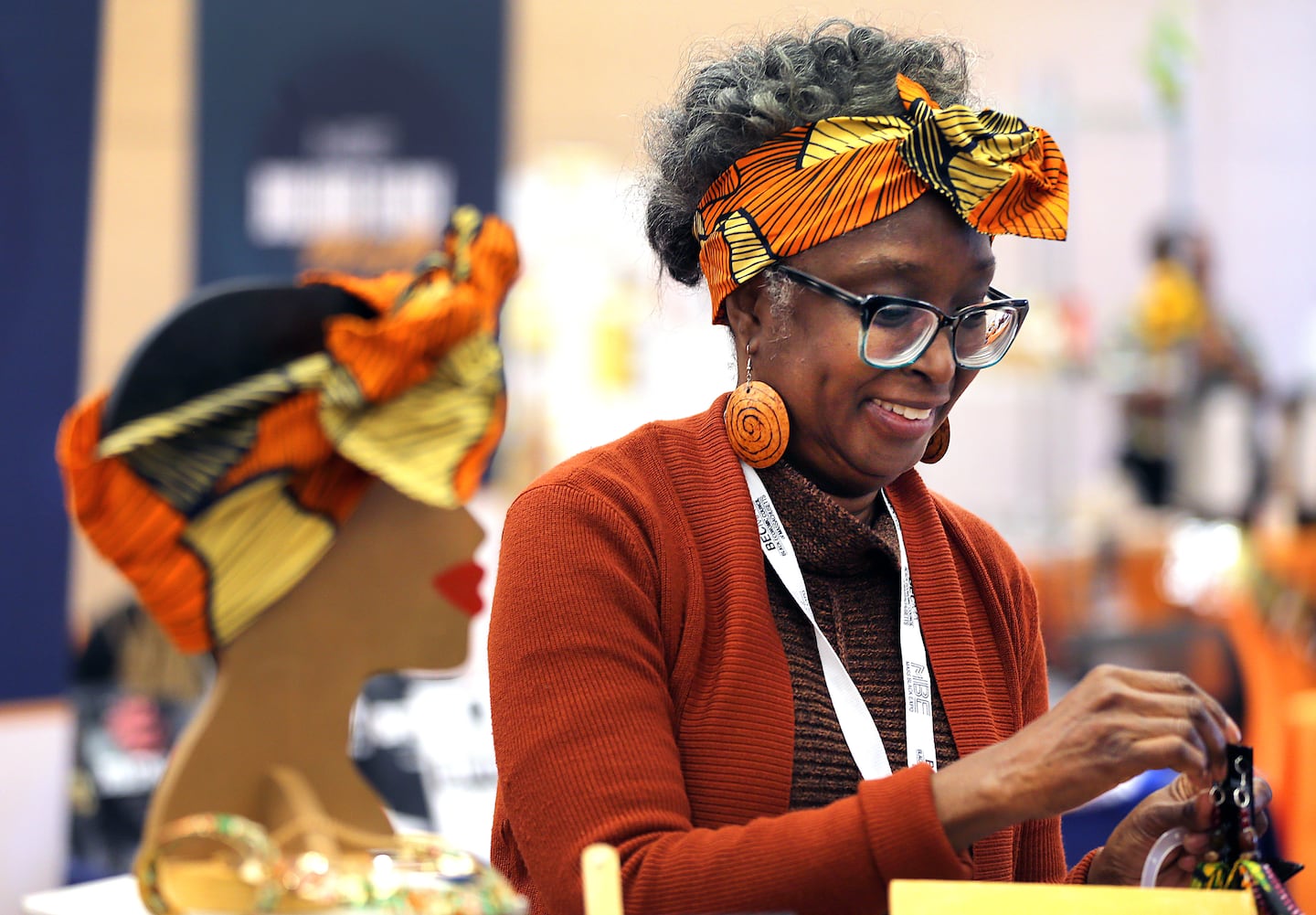
Elsewhere, Jeanette Velasquez, founder of Velasquez Tax & Business Services, recommended having a good accounting system and emphasized the importance of financial literacy.
The vital nature of ensuring that the Black community is represented at the table — and that policies and initiatives are aimed at building wealth — was a message that resounded loudly throughout the conference.
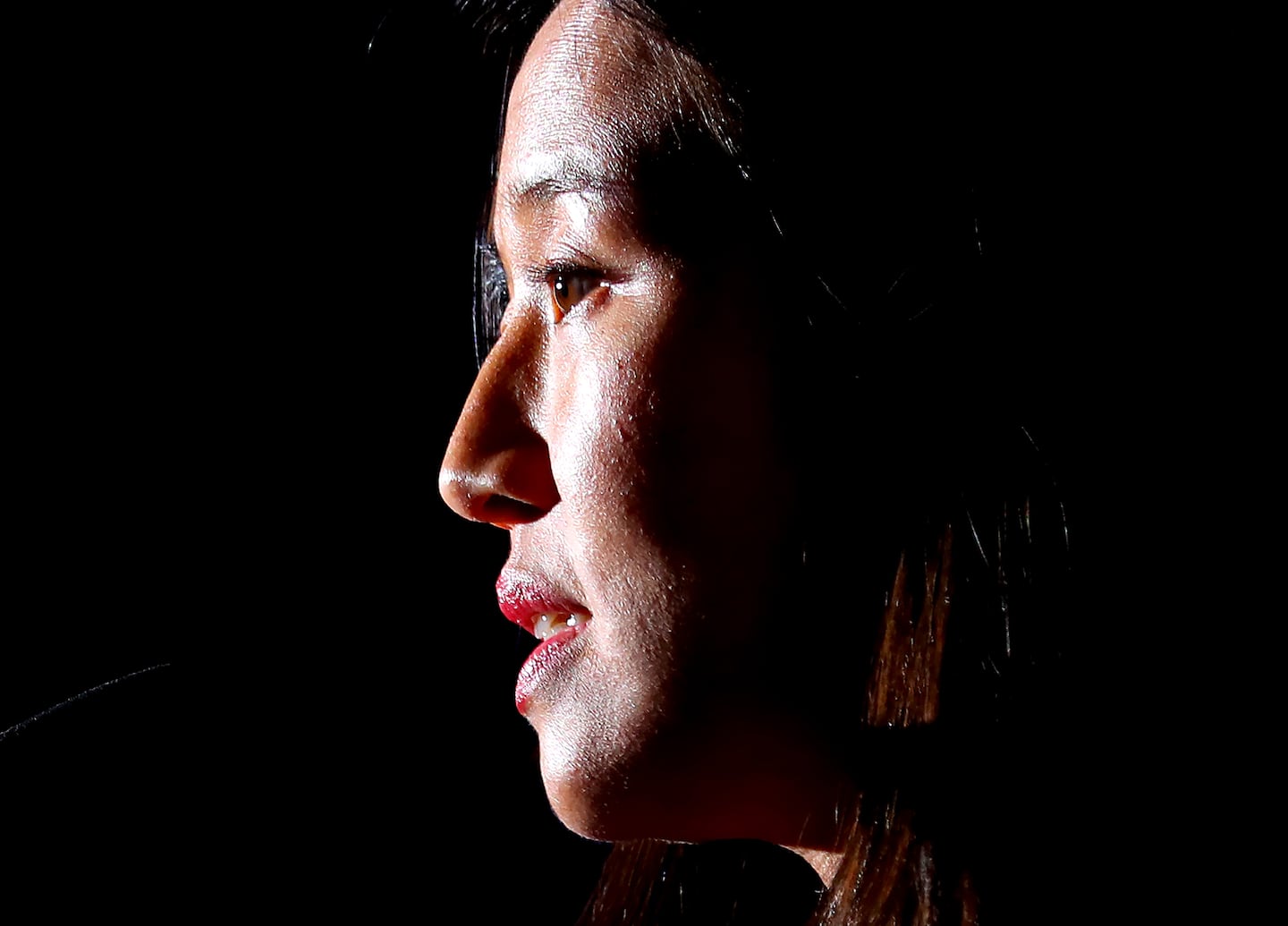
“Boston will continue to give the example at a time when we badly need examples of what it looks like to move forward and not go back,” Wu said.
Previous Globe material was used in this report.
This story was produced by the Globe’s Money, Power, Inequality team, which covers the racial wealth gap in Greater Boston. You can sign up for the newsletter here.
Shannon Larson can be reached at shannon.larson@globe.com. Follow her @shannonlarson98.


